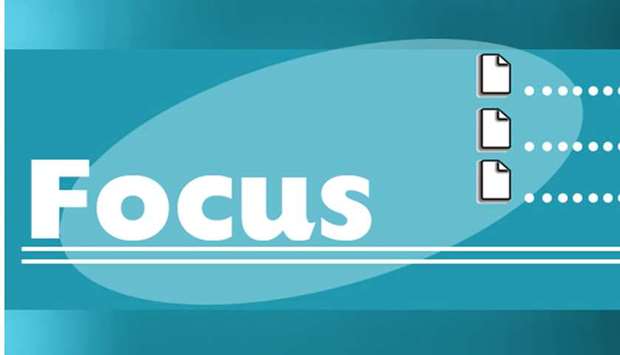However, the president of IFJ, in his speech at the opening session of “International Conference on Social Media: Challenges and Ways to Promote Freedoms and Protect Activists” warned against some governments resorting to repressive actions intended to limiting the spread of the news and ideas that contradict its policy, as well as the use of pressure and interests groups and the use of many techniques to mislead public opinion and spreading of propaganda and rumour, and sometimes attacking opponents, with extensive use of false identities and electronic armies, robots and other means of artificial influence.
He added that human rights political activists, who have benefited from current technological tools, have been subjected to harassment and persecution, he considered their issue as a vital and priority issue for all human rights defenders, including journalists’ unions, which in turn should contribute to promoting freedom of expression.
He also warned against spreading false news, bad content, publication, and broadcast on these platforms, and against exploiting the development in digital technologies by extremist groups to spread hate speech and racism, and the use of digital media to pass messages of insult, slander and spying on people’s private life.
Yunis Mujahid called on journalists, activists and officials in the organisations to realise the importance of the issue of facing the collateral damage of modern technologies in communication, and to play their pioneering roles in this way. He added: “We cannot accept the use of collateral damage, as a justification that allows some governments to back away from freedoms or to devote a policy of restricting them.”
He called for everyone to contribute in reducing the collateral damage, to develop credible journalism and contents.
He called on the press to play its role in promoting freedom of expression and active participation in the digital space, and to accompany transformations and positive contributions to it.
In his speech, he addressed the efforts undertaken by the IFJ to protect the rights of press unions, stressing that defending freedom of the press is one of the pillars of the work of the Federation.
The exercise of press freedom is an essential part of freedom of expression, in its comprehensive sense, which means the right of every citizen to hold opinions and to receive, publish, and broadcast news and ideas, “but the exercise of freedom of the press also requires expertise, competence, and professionalism,” he added.

